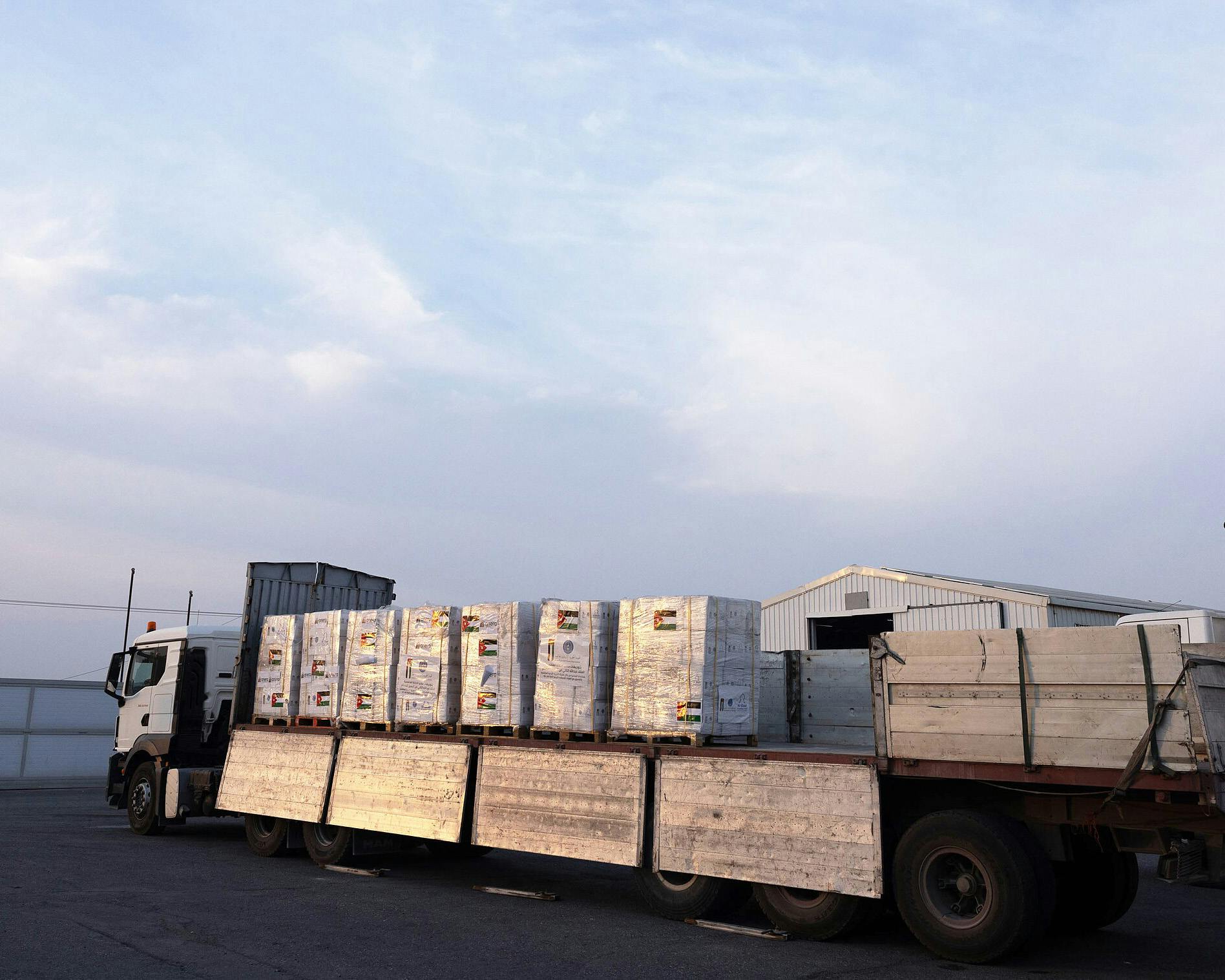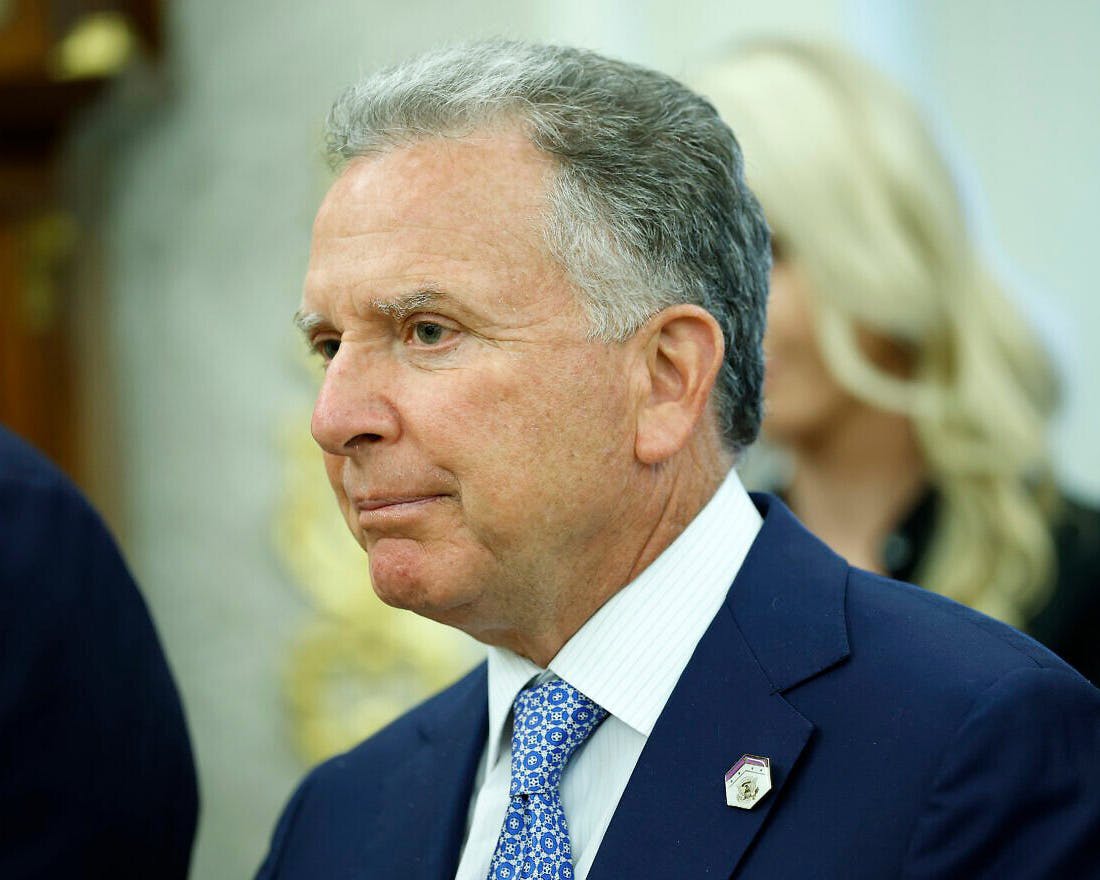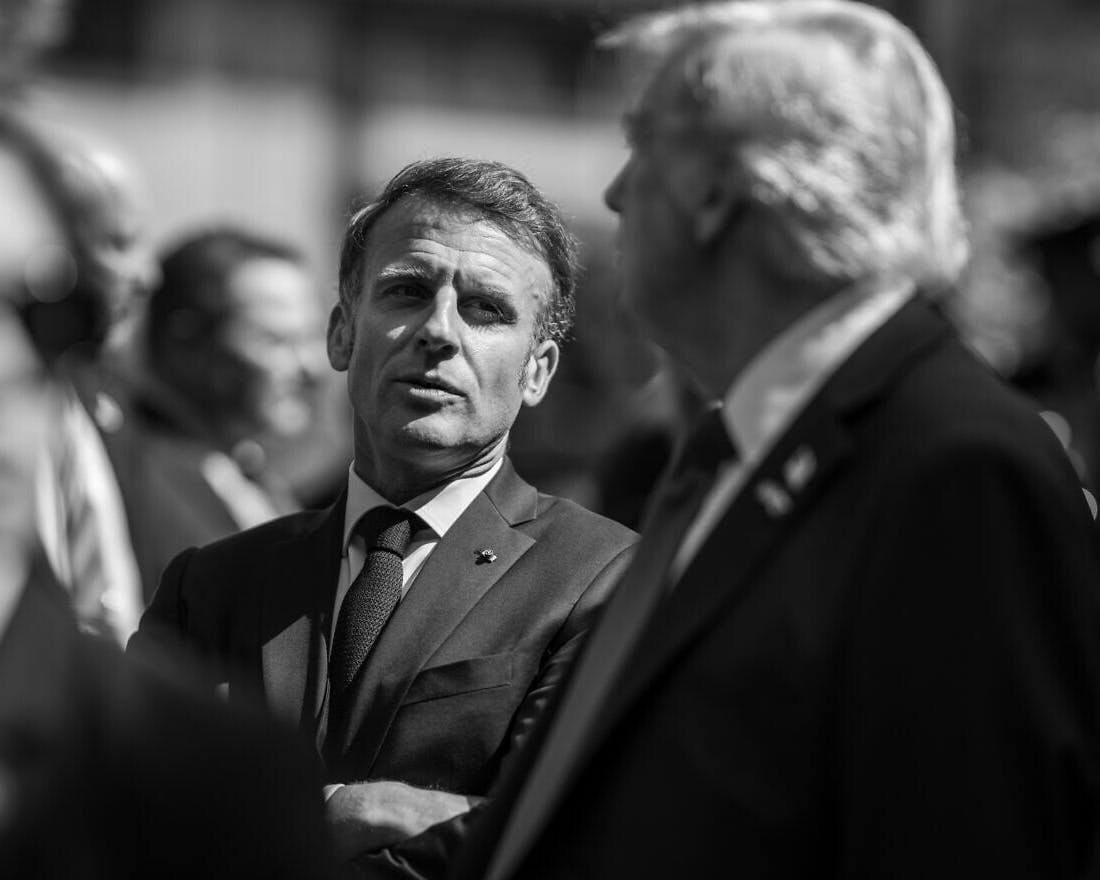'It's More Serious Than Any Other Time'; Israel Poised to Strike Iran
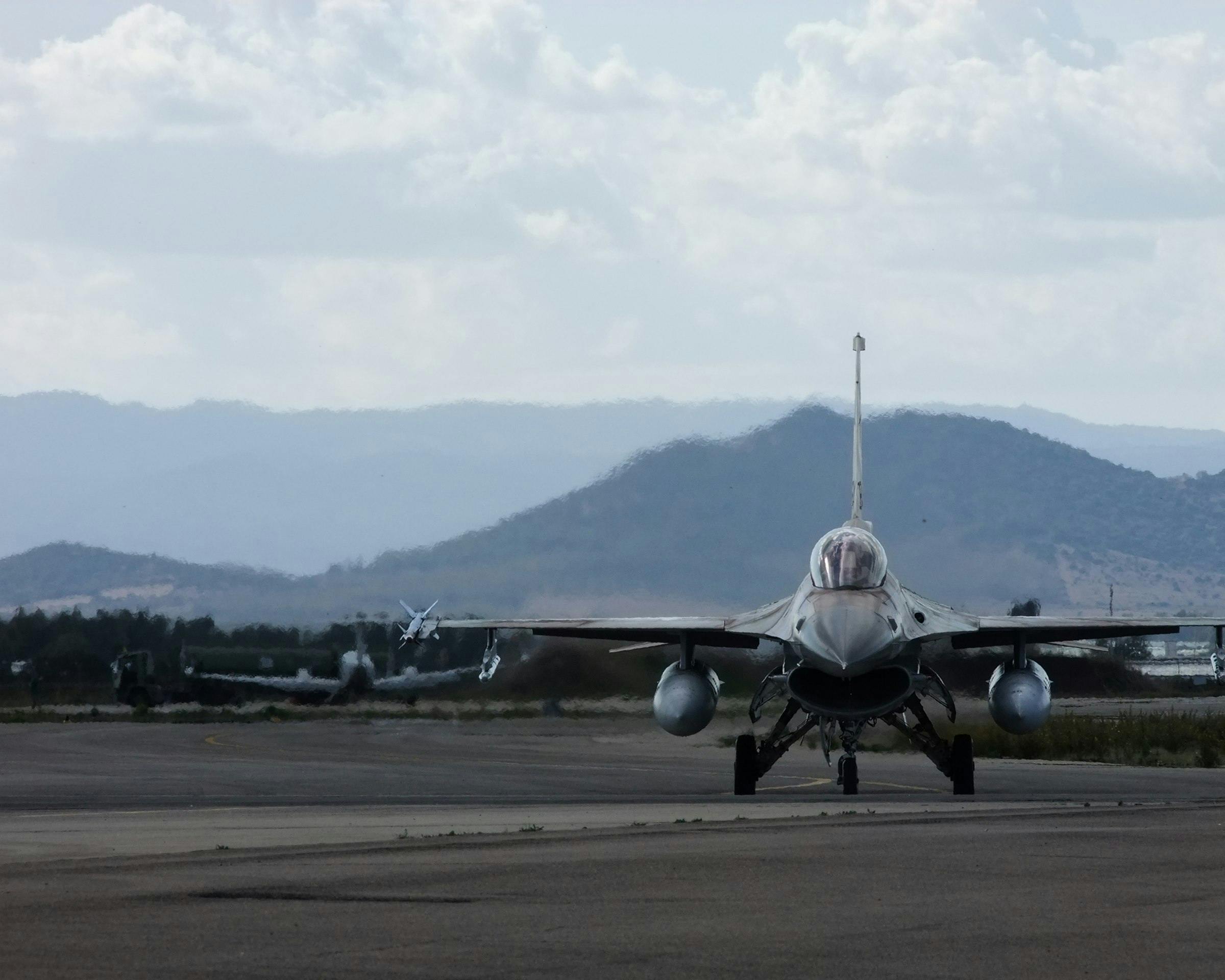
Thursday, 12 June 2025 | The United States is on heightened alert amid growing fears of a potential Israeli military strike on Iran, the Washington Post reported late Wednesday, as nuclear negotiations between Washington and Tehran appear to be unraveling.
The report follows a series of security moves, including US orders for non-essential staff to leave its embassies in Iraq, Bahrain and Kuwait, and emergency preparations at embassies across the Middle East, Eastern Europe and North Africa.
The Post said the US State Department instructed all embassies within potential Iranian missile range to activate emergency response teams and assess how best to protect personnel amid escalating regional threats. President Donald Trump, asked why some US military personnel in the region were ordered to prepare for evacuation, responded cryptically: “We’ll see what happens.”
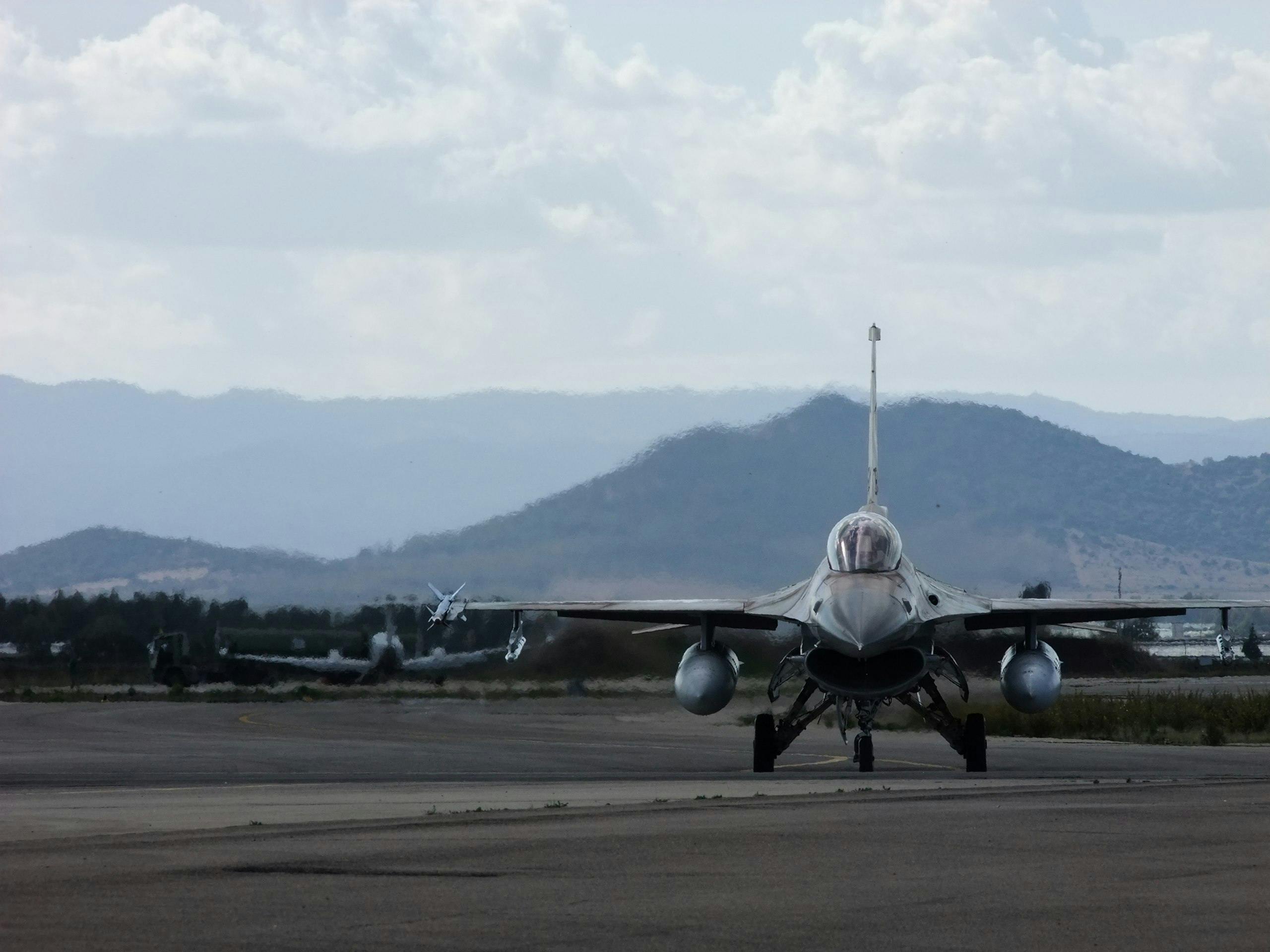
The paper further reported that the next round of nuclear talks, scheduled for this Sunday in Muscat, Oman, may be at risk of cancellation. However, a US administration official told Reuters that President Trump’s envoy to the Middle East, Steve Witkoff, is still expected to meet with Iranian Foreign Minister Abbas Araghchi on Sunday. Witkoff attended an event in New York on Wednesday night but was later summoned to the White House by Trump, telling associates that the president personally called him no fewer than five times.
Trump, who in recent days has expressed growing skepticism about the prospects for a new agreement with Iran, reiterated his support for the US military in a post on Truth Social. “I am more confident than ever that in the days ahead and every generation to come, the US Army will heap glory upon glory," he wrote. "You will summon inexhaustible courage. You will protect every inch of US soil—and you will defend America to the ends of the earth!
The New York Times attributed the rising tensions to a breakdown in nuclear negotiations, particularly over uranium enrichment. The US insists Iran must end all enrichment capabilities, while Tehran has repeatedly stated it will not surrender the right to enrich uranium on its own soil.
Late Wednesday, CBS News added to the sense of urgency, reporting that US officials had been briefed that Israel has completed preparations to launch an attack on Iran. The report also said Washington fears that such a move could prompt retaliatory strikes by Iran on American targets in neighboring Iraq—one reason behind the current drawdown of US presence in the region.
“We are watching and worried,” one senior diplomat in the region told the Post. “We think it’s more serious than any other time in the past.”
Iran, for its part, continued to call for a negotiated solution, with its mission to the United Nations reiterating that “diplomacy—not militarism—is the only path forward.”
Speaking at a gala for United Hatzalah in New York, Witkoff confirmed he had spoken the night before with Prime Minister Benjamin Netanyahu. Witkoff said the US must never allow Iran to enrich uranium or develop nuclear capabilities. “A nuclear Iran poses an existential threat to Israel and it is also an existential threat to the United States. We must stand together resolutely so that Iran does not go nuclear, no matter what the cost to prevent it,” he warned.
“Iran with a massive missile arsenal is no less of a threat than a nuclear Iran,” Witkoff said. “We must stand united against this threat.” He also praised Trump, calling him “the only US president who could also serve as Israel’s prime minister—no disrespect to Prime Minister Netanyahu.”
Adding to concerns, Reuters revealed late Wednesday that CENTCOM Commander Gen. Michael Kurilla had postponed his scheduled testimony before Congress due to the unfolding situation in the Middle East. In the wake of these developments, global oil prices jumped by roughly 5%.
The precautionary US moves followed renewed threats from Tehran. Iranian Defense Minister Gen. Aziz Nasirzadeh warned that if diplomacy fails and conflict is "forced" upon Iran, the country would strike US bases in the region. “The losses of the enemy would outweigh ours,” he said. “In the event of confrontation, America must leave the region, as all its bases are within our reach—we will not hesitate to target them.” Nasirzadeh also claimed Iran had recently tested a missile with a two-ton warhead.
A US official said the State Department would instruct Baghdad embassy staff to leave via commercial flights but noted the US military is ready to assist if needed. An Iraqi Foreign Ministry source confirmed a "partial evacuation" of the US embassy in Baghdad due to "regional security concerns."
Amid the rising rhetoric, Iran’s mission to the United Nations released a statement warning that threats of “overwhelming force” would not change the reality. “Iran is not seeking a nuclear weapon, and US militarism only fuels instability,” the statement read, accusing CENTCOM of enabling Israeli actions and undermining diplomatic efforts.
Meanwhile, the New York Times reported overnight that senior Iranian military and government officials have already convened to discuss their potential response to an Israeli strike. According to a high-ranking Iranian government source, Tehran has devised a retaliatory plan that would involve an “immediate counterstrike on Israel with hundreds of ballistic missiles.”
In a separate report by Al Arabiya English, sources said US intelligence assessments indicate that Iranian-backed militias operating in Iraq and other regional hotspots are preparing to target American interests across the Middle East.
Earlier in the evening, Iranian President Masoud Pezeshkian accused foreign enemies of trying to provoke internal conflict to justify an attack. “We are in contact with the US and Europe, but we will not surrender to dictates,” he said. “No one has the right to deny our scientific research in nuclear technology. We do not seek nuclear arms, but we won’t strip our capabilities so Israel can bomb us freely.”
As nuclear negotiations between Washington and Tehran teeter on the brink of collapse, American officials have issued fresh warnings that failure could trigger a military response. Since April, five rounds of negotiations have taken place as talks appear to have stalled over a fundamental impasse: uranium enrichment. The US insists any future deal must eliminate Iran’s capacity to enrich uranium—a process that, even at low levels, could eventually provide a pathway to a bomb. Iran, meanwhile, has repeatedly stated that enrichment on its own soil is a non-negotiable red line.
Defense Secretary Hegseth told Senate lawmakers on Wednesday that “there have been plenty of indications” Iran has been “moving their way toward something that would look a lot like a nuclear weapon.”
Meanwhile, President Trump expressed growing doubt about the prospects of reaching a deal to dismantle Iran’s nuclear program. “I don’t know,” Trump told the New York Post podcast when asked whether he still believed an agreement was possible. “I did think so, and I'm getting more and more less confident about it."
Trump voiced hope that Iran would shift course and choose diplomacy over confrontation. “They're not going to have a nuclear weapon. But it would be nicer to do it without warfare, without people dying, it's so much nicer to do it,” he said. “But I don't think I see the same level of enthusiasm for them to make a deal. I think they’re making a mistake, but we’ll see. I guess time will tell.”
The comments mark a stark shift in tone from the White House, which had previously projected optimism about the negotiations. As recently as this week, Trump said he was “disappointed” by Iran’s increasingly aggressive stance and accused Tehran of backtracking on earlier positions.
His pessimism comes amid mounting pressure from Israel to abandon talks altogether. Prime Minister Benjamin Netanyahu reportedly urged Trump during a phone call on Monday to recognize that Iran was “stringing him along.” Still, sources say Trump is holding back from approving an Israeli military strike on Iran’s nuclear facilities. During their conversation, he is said to have told Netanyahu explicitly that he is not giving Israel a “green light” for such an operation.
(This article was originally published by the Ynetnews on June 12, 2025. See original article at this link.)
www.ynetnews.com/article/b19n7rpxel
License: Wikimedia
Related Resources

Discover Your Purpose and God’s Heart For You
In today's divided, turbulent world, it's essential for the Church to rediscover God's heart. Our free e-book, authored by a seasoned expert with three decades of experience in Israel, delves deep into the teachings of Jesus (Yeshua) to reveal God’s principles of love and purpose. Learn how embracing these truths can bring significance and impact to your life, even amidst chaos. Subscribe now to receive your free copy and embark on a journey of transformation.

